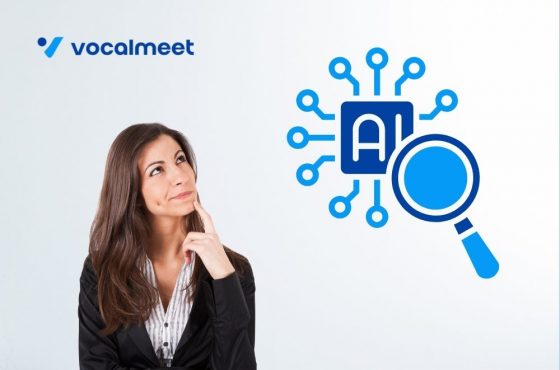Interview with Margaret Carter of the ODHA on Changes, Challenges, and Excitement in the Association World
We sat down with the ODHA executive director Margaret Carter to get her take on the developments taking place in and around membership-based organizations. Margaret, a well-respected and seasoned leader, gave us a bit of an insight into the industry and the trends affecting her work.
Question 1: You’ve been a part of the association world for many years and you’ve seen lots of changes over those years. What changes surprised you the most?
Ten years ago, I did not anticipate that technology would play such a major role in everyday operations. We were early adopters of technology to serve our membership, for example, during the member renewal process. However, I did not anticipate that our membership would adapt so quickly, nor did I anticipate the rapid development and adoption of technology in everyday life.
Technology has really changed how we operate and what we focus on as an association. We have had to significantly invest in technology to keep up with all the changes. And of course, there are many opportunities to utilize technology, but with limited resources, we have to prioritize. This is a constant balancing act.
Question 2: What do you think are some of the biggest challenges facing associations today?
Associations, like many other organizations, are impacted by general economic and political constraints. We are definitely not immune to challenges that arise from uncertainty.
This can lead to a lot of what-ifs and can sometimes cloud the future direction and decision-making.
At the same time, associations must continue to meet membership needs while dealing with these difficult situations.
Question 3: What are you most excited about?
Our members and our future members. For students who are now entering their profession, we want to continue to demonstrate how we can add significant value to their career. Also, technology has provided us with a lot of data to analyze trends—sometimes too much data. We have to figure out new ways to utilize all this data to better serve our members. We are happy that we have this data because just a few years ago valuable data were not available.



